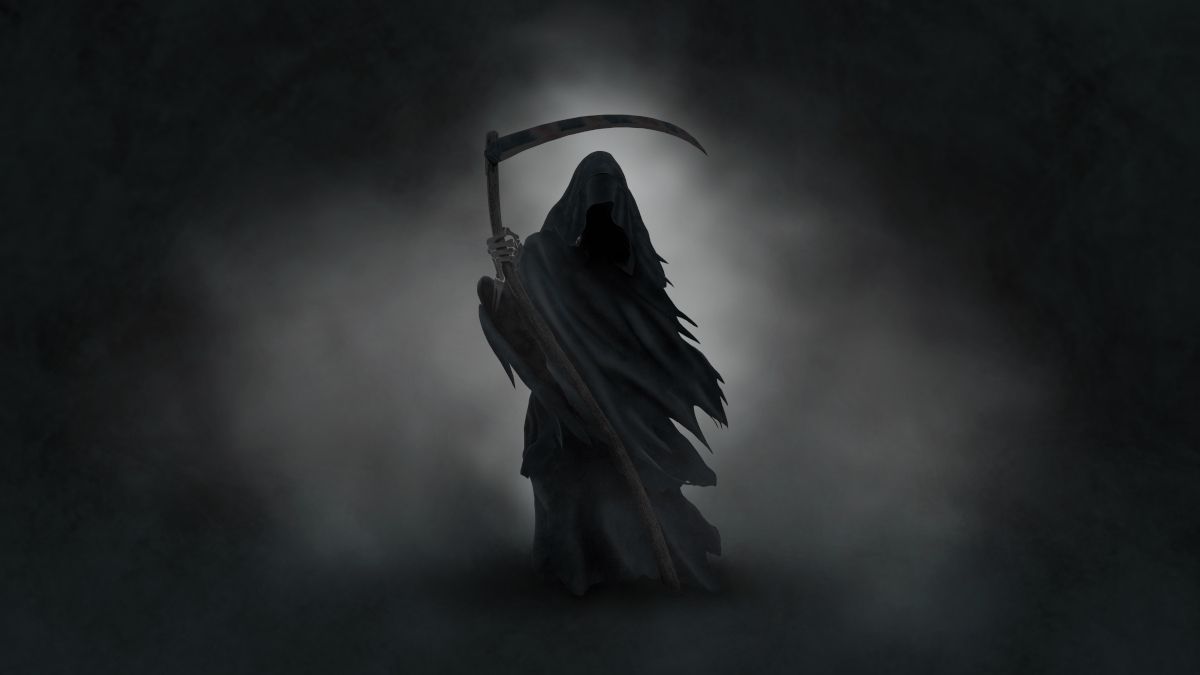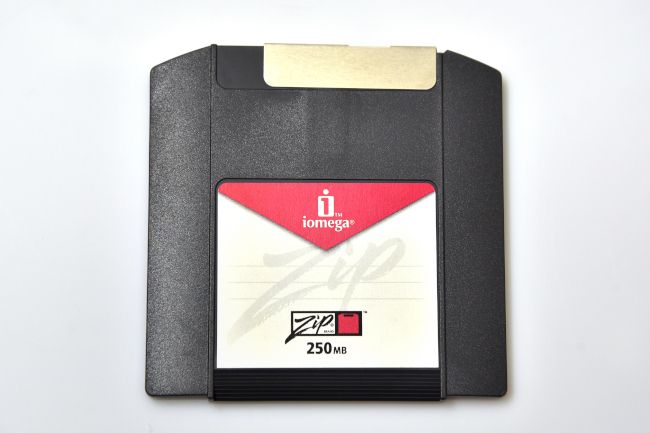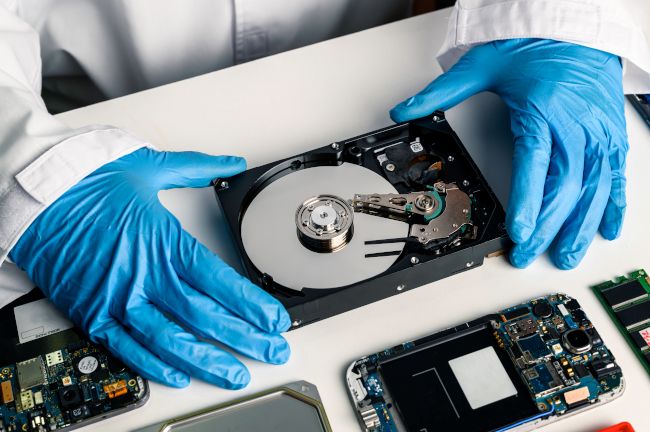Quick Links
It's a story retold amongst computer geeks of all ages. Your mechanical hard drive spins up as usual, but instead of the comforting hum you expect, you hear that telltale "click, click, click." This is the "click of death."
A Strange Origin
While the click of death is associated with mechanical hard drives by most people, its origin is actually from a different technology: Iomega Zip and Jaz drives. These cartridge-based removable storage devices offered oodles of space at a time when writable CD or DVD drives or external hard drives weren't a thing. Some models developed a catastrophic fault with a loud clicking as the main symptom.
The click of death lives on today as the first symptom of a drive that shouldn't be making any long-term plans. Once that death clock starts ticking, the prognosis is grim. The sound you're hearing is the read-write arm repeatedly resetting back to its initial position as the drive tries and fails to read data from its disks.
It's a Miracle Mechanical Drives Work At All
All mechanical hard drives eventually fail. Mechanical hard drives have a Mean Time Before Failure (MTBF) rating that shows the average time that model can run before failing. Since it's an average, some units can greatly exceed it, while others fail very quickly.
Considering how complex and sensitive a hard drive is, it's a small miracle that it can be so reliable and durable at all. This is especially true for hard drives in mobile devices like laptops. The disk platters spin at thousands of RPMs while the drive heads float less than a hair's breadth above its surface. With early hard drives, you had to manually park the heads, lest they crash into the platter when the computer lost power.
These tolerances are so small that if any part of the drive starts to go outside of its specifications, it becomes harder and harder to read data from the drive, and that clicking sound is a sign that this is happening.
In the best-case scenario, the hard drive's SMART system will predict that the drive will fail before the click of death happens, but it's not 100% accurate.
If the Drive Still Works, Save What You Can
If your hard drive is clicking when you turn it on and you can still access and copy data from it, the race is on to save what you can. Start with the most important data because there's no telling when the hard drive will become unreadable. Copy operations may also take a long time, so it's vital to start with smaller files that are important and then larger files that are important, with non-critical data left for last.
If the Drive Is Dead, There's Still Hope!
If your clicking drive can't be read at all, but you have crucial information on it that doesn't exist anywhere else, you still have the option of taking the drive to a data recovery specialist. These companies have various ways of saving drives, such as replacing the faulty parts of the hard drives with new ones.
However, data recovery services aren't cheap! The data must be worth more than the steep asking price to justify this course of action.
Backup, Backup, Backup
If you've never heard of the "click of death" before reading this article, this is the perfect time to remind you that if you follow a healthy backup strategy, you'll never have to lose any sleep over hard drive failure.
Whether you back your data up to the cloud, use an external drive, set up a RAID array, or all of the above, there are many ways to ensure you never lose anything more than the price of a replacement hard drive.



